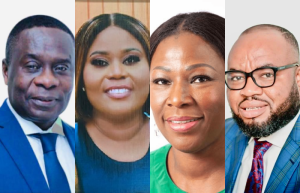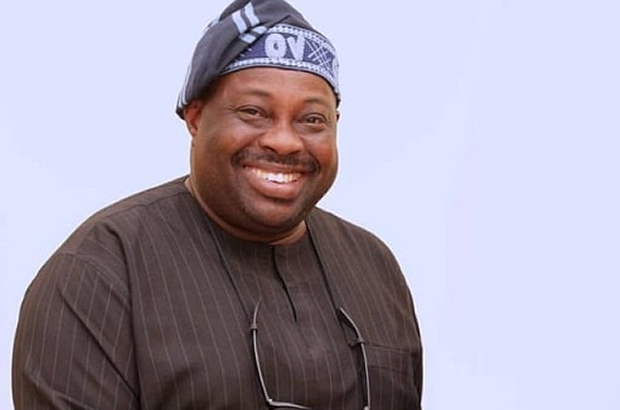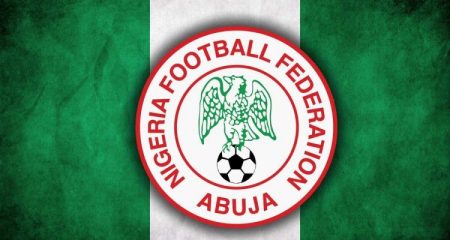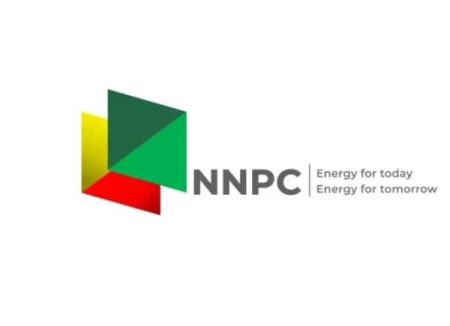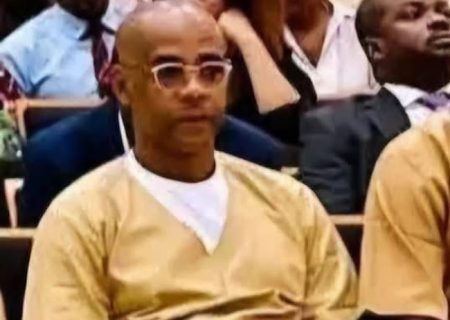Veteran journalist and political commentator, Dele Momodu, has voiced his staunch support for the newly formed coalition under the African Democratic Congress (ADC), positioning it as a formidable opposition force against the ruling All Progressives Congress (APC) in the lead-up to the 2027 general elections. Momodu’s endorsement comes with a stern warning to President Bola Tinubu against prioritizing personal political ambition over the preservation of Nigeria’s democratic ideals. He argues that pursuing a second term at all costs, especially through undemocratic means, risks tarnishing Tinubu’s legacy and undermining the very principles he once championed during the struggle for democracy.
Momodu’s admonition to Tinubu is rooted in a historical perspective, highlighting the president’s past as a pro-democracy activist. He questions the value of clinging to power if it comes at the expense of democratic principles, invoking the legacies of prominent Nigerian leaders like Obafemi Awolowo, MKO Abiola, and Nnamdi Azikiwe, none of whom achieved the presidency despite their significant contributions to the nation. Tinubu, having already attained the highest political office, should, according to Momodu, prioritize consolidating his achievements and safeguarding the nation’s democratic future rather than jeopardizing it through a potentially divisive pursuit of a second term.
The veteran journalist also critiqued the People’s Democratic Party (PDP), the main opposition party, for its perceived indecisiveness and belated attempts to address internal dissent. He argues that the PDP’s failure to effectively manage its internal affairs and reconcile aggrieved members has created a vacuum in the opposition landscape, a vacuum that the ADC coalition is now poised to fill. Momodu portrays the ADC as a product of meticulous planning and strategic foresight, not a hasty reaction to current political events. He reveals that the coalition’s formation involved over 18 months of clandestine meetings held in various international locations like London, Morocco, and Ghana to avoid political interference and ensure the integrity of the process.
This meticulous planning, Momodu emphasizes, has resulted in the establishment of a functional interim leadership structure within the ADC, transforming it from a marginal political entity into a robust and organized platform capable of challenging the ruling party. The coalition, backed by prominent political figures including Atiku Abubakar and Peter Obi, represents a concerted effort to unite opposition forces and present a credible alternative to the APC in the upcoming elections. Momodu’s narrative suggests that the ADC is not merely a coalition of convenience but a strategically crafted alliance built on shared values and a commitment to democratic principles.
Further emphasizing the strategic importance of the ADC coalition, Momodu revealed that its formation was a response to concerns raised by various segments of Nigerian society about the direction of the country’s democracy. He stated that concerned citizens had reached out to respected elder statesmen for intervention, seeking a way to safeguard democratic institutions and ensure a more inclusive and accountable political system. This portrayal of the ADC as a response to popular demand adds to its legitimacy and positions it as a vehicle for the aspirations of Nigerians seeking a more robust and vibrant democracy.
However, Momodu expressed disappointment with the apparent indifference of some members of the ruling APC to these concerns and appeals for dialogue. He characterized some within the ruling party as being “power-drunk,” too enamored with the privileges of office to heed wise counsel and engage in constructive dialogue about the future of the nation. This alleged intransigence, Momodu argues, necessitates the emergence of a strong opposition force like the ADC to challenge the ruling party and prevent the erosion of democratic norms. He concludes by framing the ADC’s emergence as a necessary response to the perceived threat to Nigeria’s democracy, a call to action for those who believe in the principles of democratic governance and accountability.




